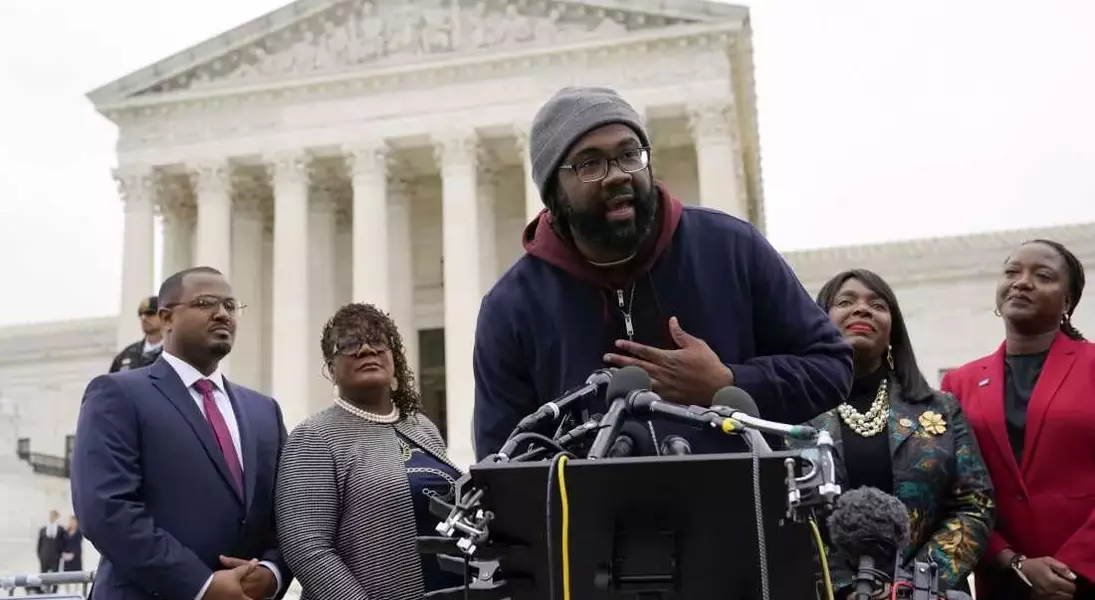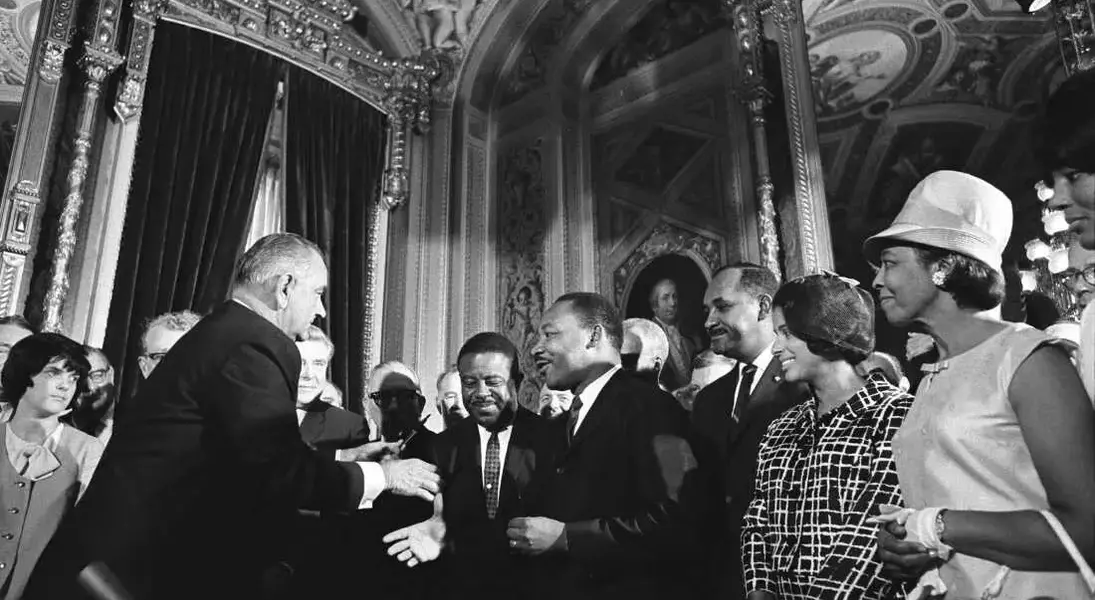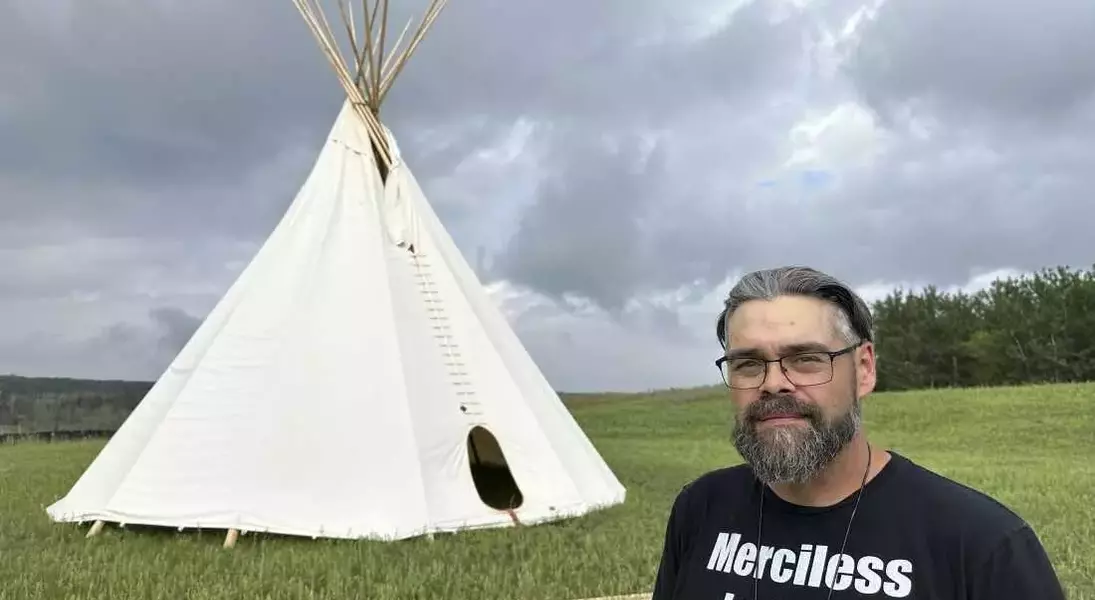




The bedrock of the Voting Rights Act, the legal mechanism enabling private citizens to challenge discriminatory election practices, stands at a precarious crossroads, 60 years after its monumental passage. Historically, this vital piece of legislation has predominantly relied on the initiative of individuals and advocacy groups to ensure its enforcement. A prime illustration of this crucial avenue is the experience of Otis Wilson in St. Francisville, Louisiana. In 1992, Wilson spearheaded a lawsuit alongside other Black voters, challenging the town's at-large election system, which had effectively disenfranchised minority representation. This legal action, a testament to the power of private enforcement, ultimately compelled the town to adopt a multi-district system, leading to greater electoral fairness. This success story underscores the profound impact of individual agency in upholding the principles enshrined within the Act.
However, this established legal precedent is now being fundamentally questioned, with significant implications for the future of voting rights. Conservative state officials are advancing a novel argument, asserting that only the Department of Justice, not private entities, possesses the authority to initiate lawsuits under Section 2 of the Voting Rights Act. This contention has already gained traction in the 8th U.S. Circuit Court of Appeals, impacting cases involving Native American voters in North Dakota and other protections for voters with disabilities. Should the Supreme Court ultimately endorse this narrow interpretation, it would effectively dismantle the primary mechanism through which the Act has been enforced for decades, rendering its protections vulnerable to the political whims of any given administration. Legal experts, including Franita Tolson and Morgan Kousser, warn of a potential "domino effect," arguing that such a ruling would be a catastrophic blow, essentially rendering the Voting Rights Act a collection of "words on a page" with no practical enforcement.
Despite these daunting legal hurdles, the spirit of advocacy and the pursuit of justice persist. Jamie Azure, Chair of the Turtle Mountain Band of Chippewa Indians, whose tribe is appealing a recent adverse ruling to the Supreme Court, remains steadfast in their fight for fair representation. Their case, much like Otis Wilson's decades prior, exemplifies the ongoing struggle for equitable access to the ballot box. Similarly, Evan Milligan, lead plaintiff in a significant Alabama redistricting case, recognizes the strategic nature of the current challenges, comparing them to an opponent attempting to neutralize a successful play in a game. He emphasizes that these legal maneuvers seek to overturn decades of legislative intent and judicial precedent. The unwavering dedication of these individuals and groups serves as a powerful reminder that the fight for voting rights is an enduring one, requiring constant vigilance and courageous action. Their efforts illuminate the path forward, demonstrating that even in the face of adversity, the pursuit of justice and equality must never cease, ensuring that every voice has the opportunity to be heard in the democratic process.
